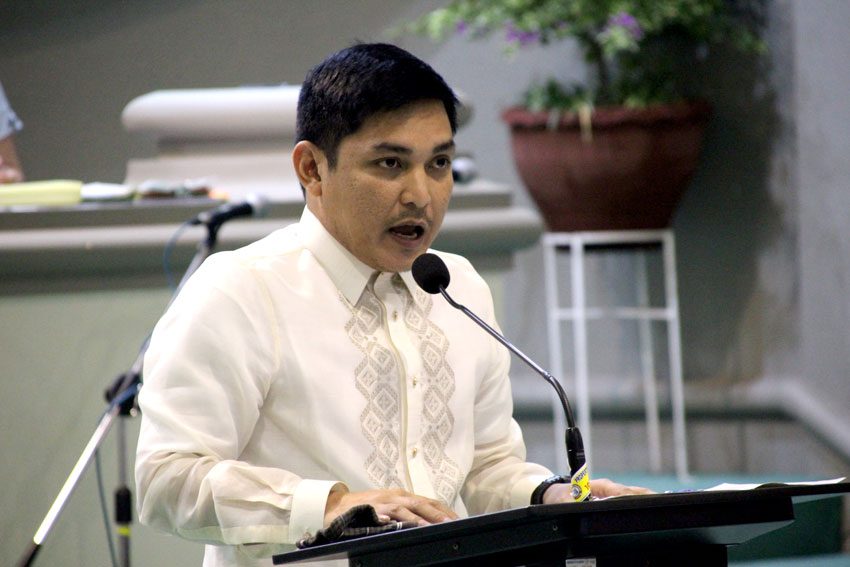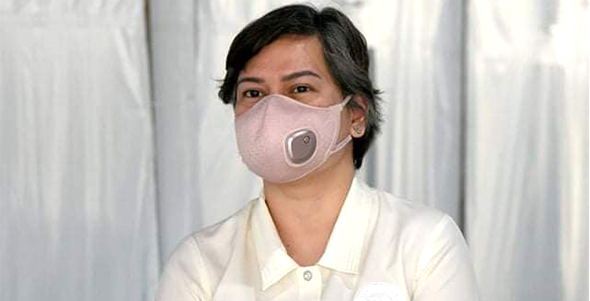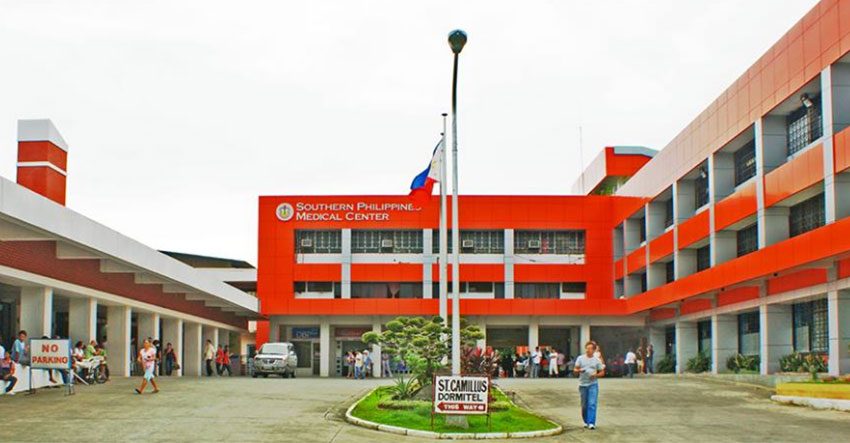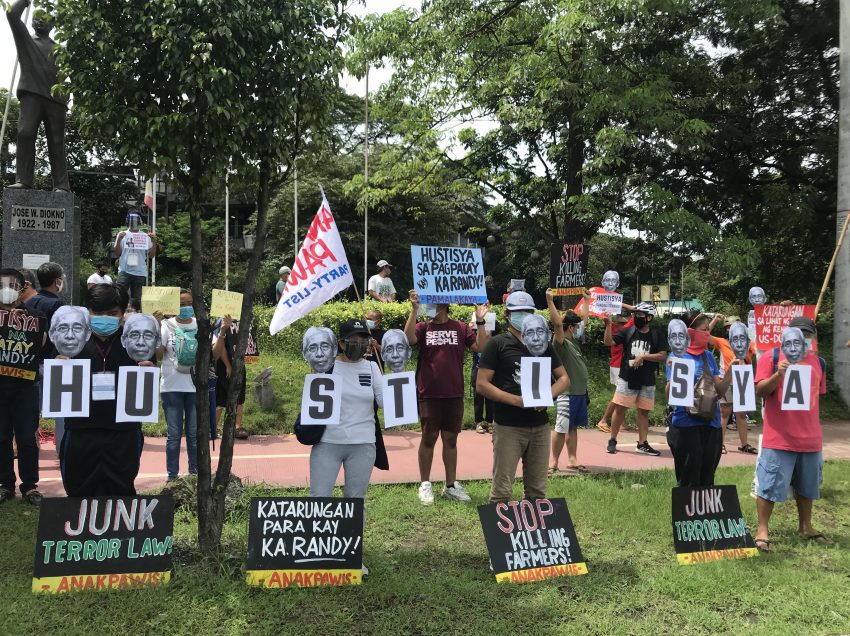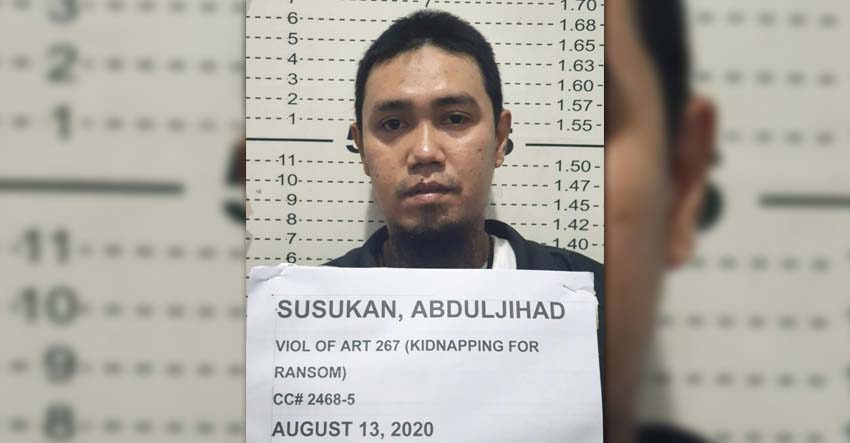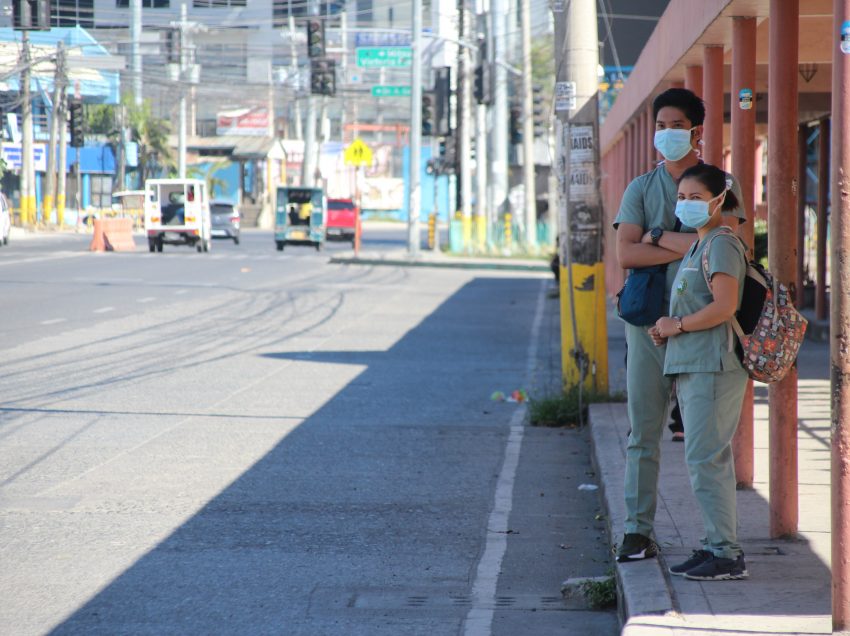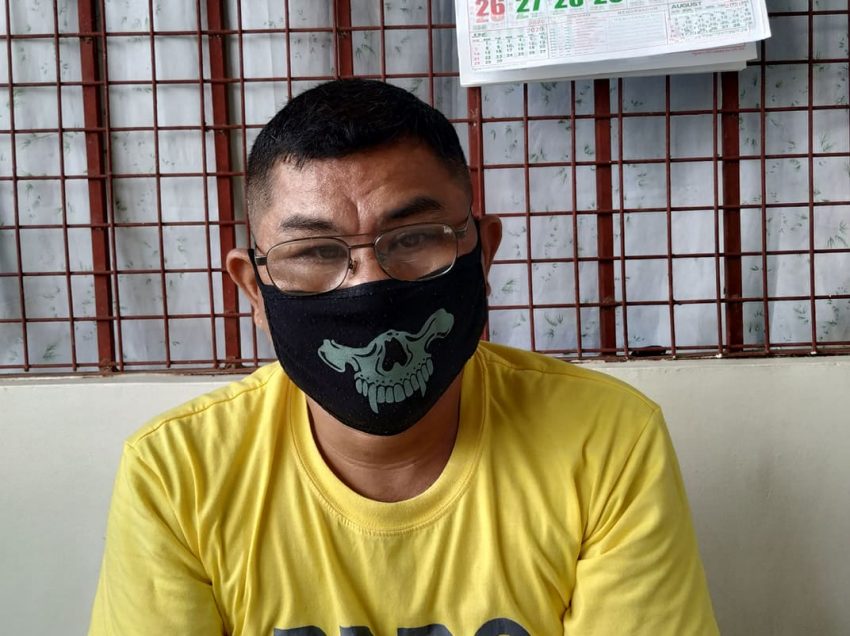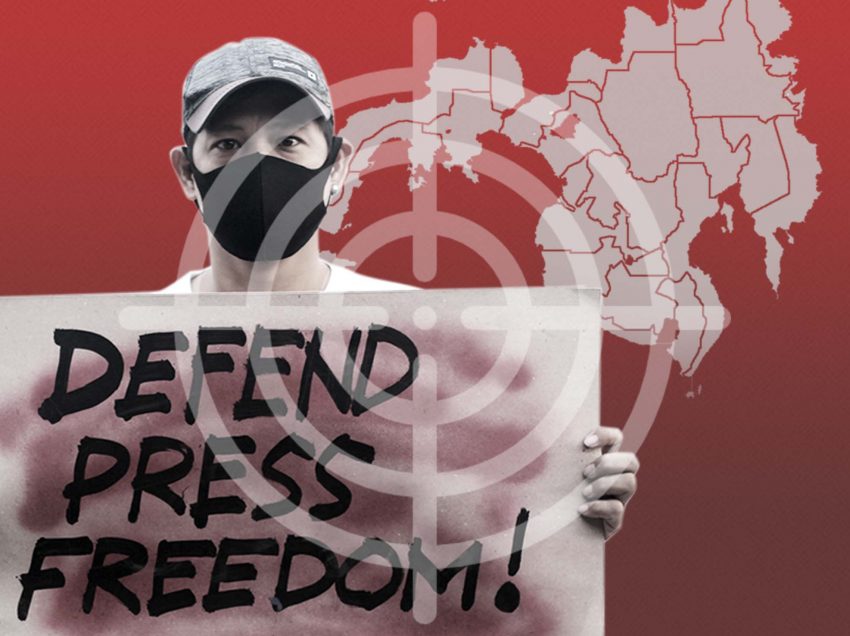A city councilor raised concerns over lapses in health protocols during the distribution of social amelioration program (SAP) in payment centers that exposed beneficiaries to risk from Covid-19 infection.
Lawmakers and a Moro human rights advocate reject calls from defense officials to declare Martial Law in Sulu following the wake of the twin blasts that killed 14 in Jolo.
Davao City Mayor Sara Duterte-Carpio extends sympathies to the families of victims of the twin bombings in Sulu, which happens a week before Davao City commemorates the Roxas Night Market bombing.
An official of the Southern Philippine Medical Center in a statement refuted claims that the hospital is engaged in anomalies on the use of the P326 million reimbursement from PhilHealth for Covid-19 patients.
Human rights groups condemn the killing of peasant leader and peace consultant Randall Echanis, as they call for an independent probe on his murder.
Archbishop of Cagayan de Oro Diocese Antonio Ledesma joined other church leaders condemning the killing of peasant leader and peace consultant Randall Echanis.
The Davao City Police still has to verify how the terrorist Abu Sayyaf leader Andjulhiad ‘Edang’ Susukan entered Davao City undetected despite border patrols and quarantine protocols.
More groups from the medical community declared support to the health professionals’ call for a “timeout” to address the rising Covid-19 cases and an overwhelmed health care system.
One of the petitioners to the Supreme Court to declare the Anti-Terrorism Act is a lumad leader in Bukidnon who is detained and facing trumped-up charges and was previously charged with committing “acts of terrorism” under the Human Security Act.
“To be a committed journalist means you also have to survive the risks presented by a corrupt and intolerant government and its agencies, and other enemies of press freedom,” says Espina to journalists who want to strive in this field.

